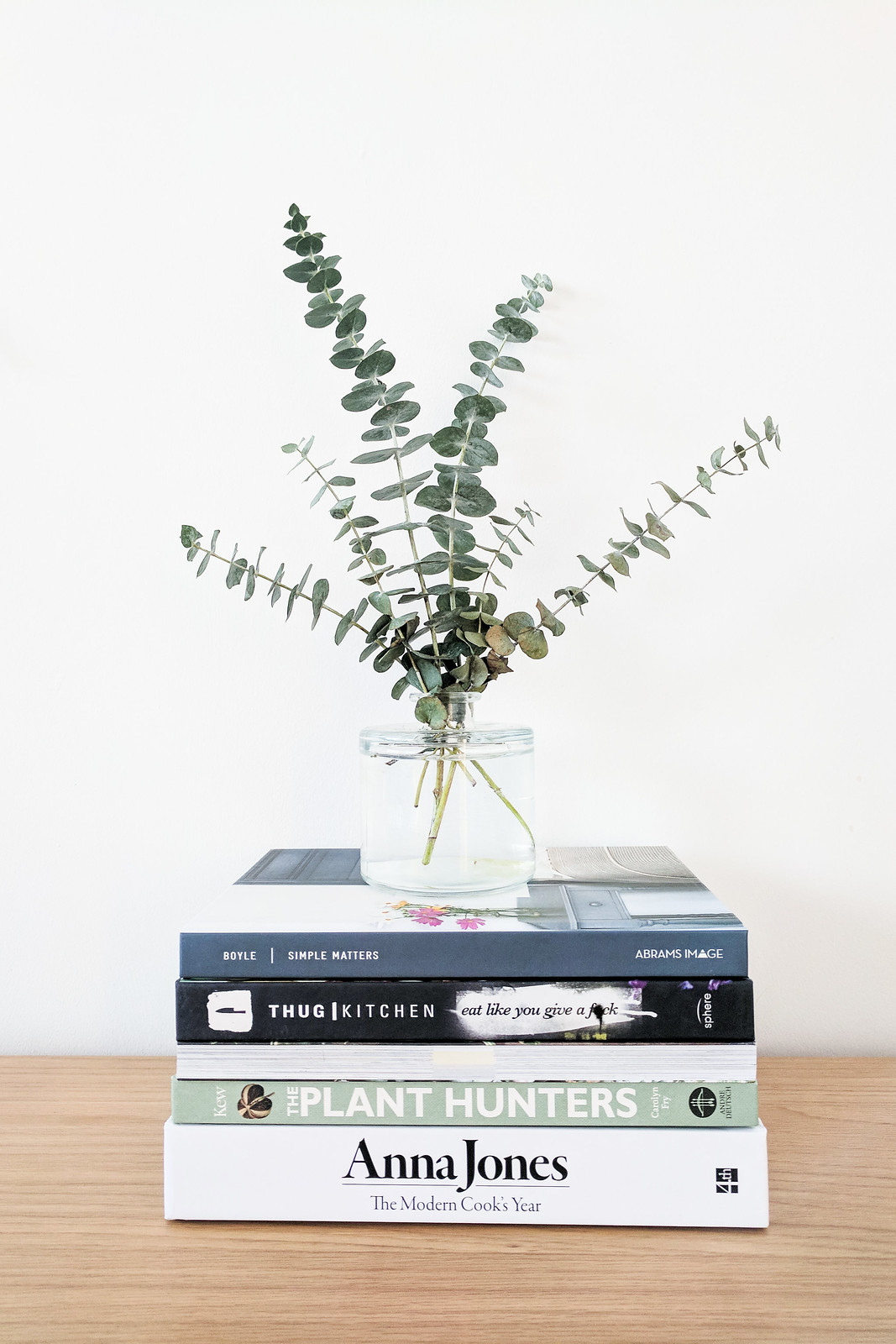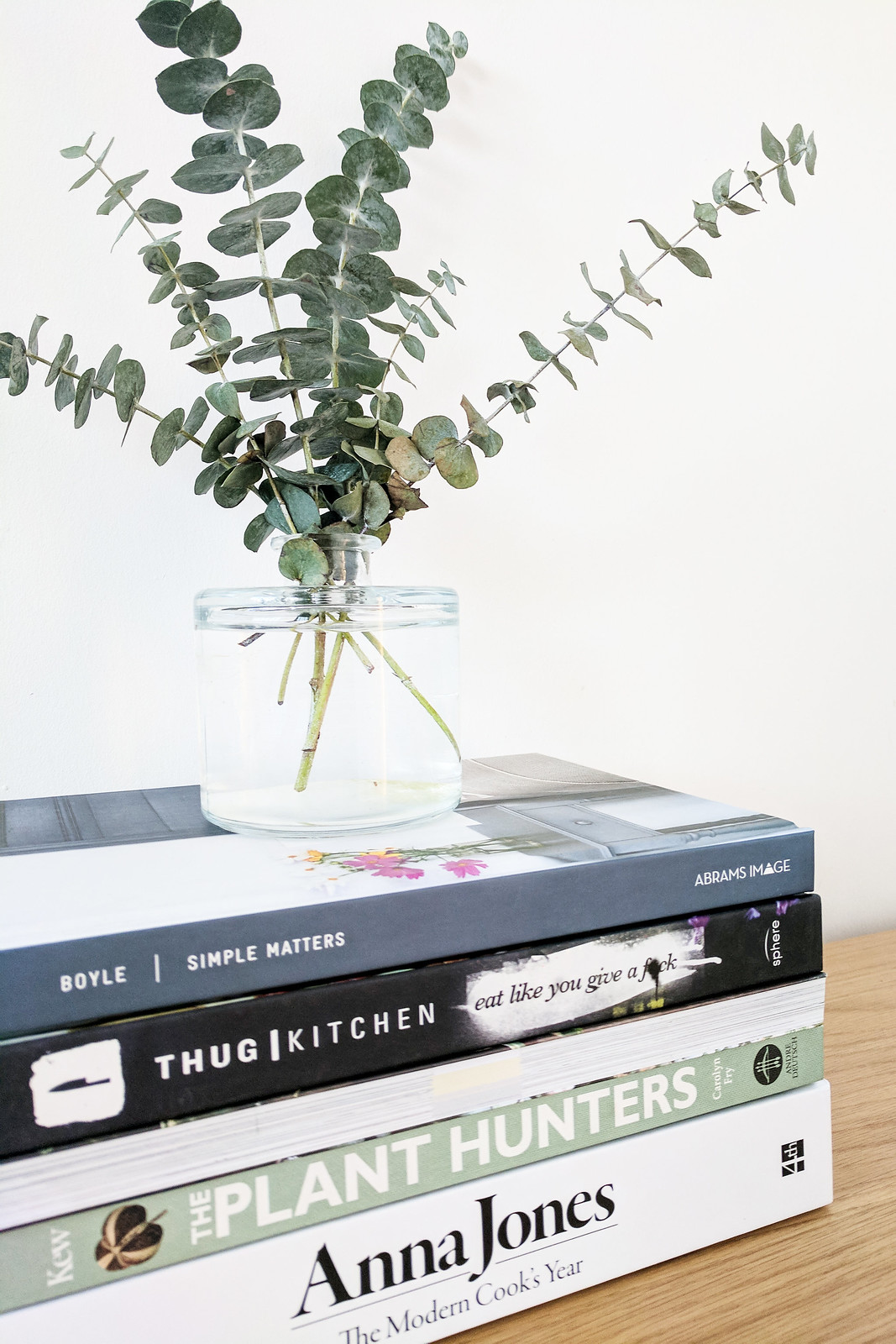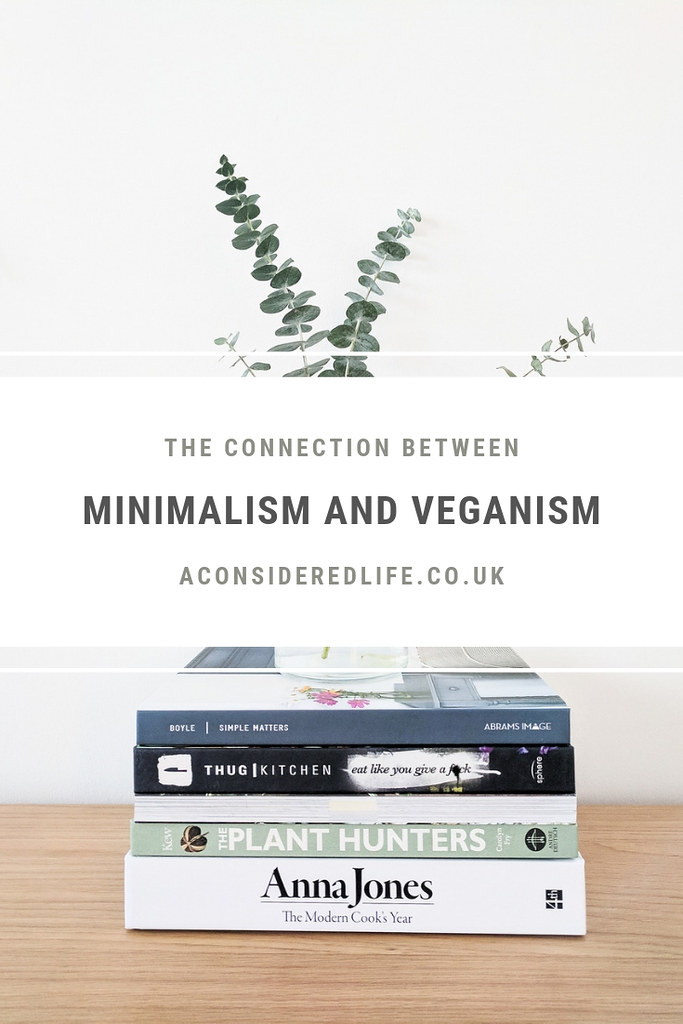
Minimalists may start out by decluttering their wardrobes and tidying up their homes; they may get rid of unnecessary trinkets and home decor or start a capsule wardrobe. As we strive to create a simpler lifestyle, minimalism begins reaching beyond what we buy for our homes and the clothes we wear; it starts creeping into how we choose to live our lives, the jobs we do, the relationships we have, and how our choices affect our shared environment.
Minimalism is about being mindful of how we live our lives through the choices we make. It's about questioning what we do and why we do it. Minimalism teaches us to be conscious consumers not only of physical goods but information too, and to become intentional about every decision we make. It's about constantly asking questions and basing our decisions on what would most improve or add value to our lives. Simply put: minimalism is about consumption.
It makes sense then that once you start becoming selective about the things you buy and bring into your life, the people you surround yourself with, and how you spend your time; you begin caring about what you put in your body as well as on it. Simple living and diet are undoubtedly connected. You care more and more about how your decisions affect the people around you, and how you can limit the impact of your life on our planet through the choices you make. What you eat needs to work for your body and your mind.

Veganism is about asking how our personal decision to eat, wear, or use something affects another life. It's about reducing exploitation, suffering, and damage to ourselves, our environment, and to others including animals and humans. It's not simply about animal rights or welfare, it's about owning our personal responsibility and recognising our choices have consequences so that we can make decisions to minimise the negative effects of our lifestyle on our shared planet.
The plant-based diet is simple. It's simpler for our bodies, it's simpler for our planet. There's no need to separate or sanitise food, there's far less food prep required and it has less impact on our environment. Shopping is less complicated and far more affordable, and cooking (especially if you're not an experienced cook) is much easier.
When advertisers are encouraging us to be mindless consumers of stuff we don't need or we're told that milk is humane and meat is essential for a "healthy diet", it makes us question what else we've been lied to about. We recognise lies have been told. It's no surprise then why so many minimalists would find the vegan lifestyle appealing.
For both minimalists and vegans, it's about aligning our actions with our values. It's about owning our personal responsibility and making sustainable choices. Minimalism and veganism both encourage us to consider how our actions have an impact not only on our own lives but on the lives of others; encouraging us to make decisions for the greater good, minimising consumption to put less stress on our planet; reducing excess, exploitation, waste, and pollution in the simplest way possible.
